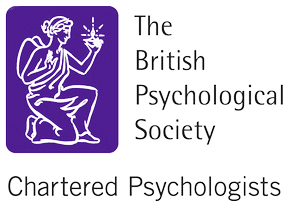Complicated Grief
Losing a loved one is one of the most distressing and common experiences people face. Most people experiencing grief and bereavement have a period of sorrow, numbness, and even guilt and anger. Over time these feelings ease, and it is possible to accept the loss and gradually move forward.
For some people, feelings of loss are debilitating and do not improve even after many months or years. This is known as complicated grief (sometimes called persistent complex bereavement disorder).
In complicated grief, painful emotions are so long lasting and severe that you have trouble recovering from the loss and resuming your own life.
If the loss of your loved one is impacting your quality of life and/or mental health more than a year after their death, then you might be experiencing complicated grief.

Signs and symptoms of complicated grief may include:
- Intense sorrow, pain and rumination over the loss of your loved one
- Focus on little else but your loved one’s death
- Extreme focus on reminders of the loved one or excessive avoidance of reminders
- Intense and persistent longing or pining for the deceased
- Problems accepting the death
- Numbness or detachment
- Bitterness about your loss
- Feeling that life holds no meaning or purpose anymore
- Lack of trust in others
- Inability to enjoy life or think back on positive experiences with your loved one
Complicated grief also may be indicated if you continue to:
- Have trouble carrying out normal routines
- Isolate from others and withdraw from social activities
- Experience depression, deep sadness, guilt or self-blame
- Believe that you did something wrong or could have prevented the death
- Feel life isn’t worth living without your loved one
- Wish you had died along with your loved one
Therapy for Complicated Grief
Research evidence indicates the benefits of an integrated therapeutic approach to support people in their recovery from complicated grief. I provide a compassionate therapeutic space in which to talk about your loved one and explore difficulties coming to terms with your loss. I draw particularly on my training in Interpersonal Therapy (IPT) and Cognitive Behavioural Therapy (CBT), along with my understanding of attachment theory and evolutionary theory. I provide a bespoke intervention aimed at helping you find a way forward with your own life, gently letting go of your loved one, whilst maintaining those memories you hold dear and keeping them alive in your heart.

